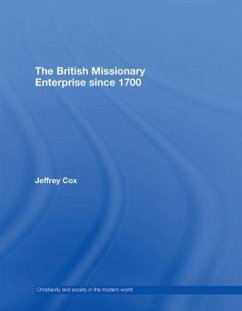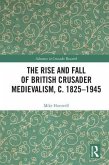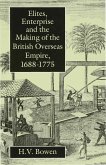Missions are an important topic in the history of modern Britain and of even wider importance in the modern history of Africa and many parts of Asia. Yet, despite the perennial subject matter, and the publication of a large number of studies of particular aspects of missions, there is no recent, balanced overview of the history of the missionary moment during the last three hundred years. The British Missionary Enterprise since 1700 moves away from the partisan approach that characterizes so many writers in field and instead views missionaries primarily as institution builders rather than imperialists or heroes of social reform. This balanced survey examines both Britain as the home base of missions and the impact of the missions themselves, while also evaluating the independent initiatives by African and Asia Christians. Also addressed are the previously ignored issues of missionary rhetoric, the predominantly female nature of missions, and comparisons between British missions and those from other predominantly Protestant countries including the United States. Jeffrey Cox brings a fresh and much needed overview to this large, fascinating and controversial subject.
Hinweis: Dieser Artikel kann nur an eine deutsche Lieferadresse ausgeliefert werden.
Hinweis: Dieser Artikel kann nur an eine deutsche Lieferadresse ausgeliefert werden.
"... this book fills a gap in the historiography of mission history by providing a one-volume history of modern British missions... This work deserves a place on the shelves of university libraries and should be consulted by specialists and readers interested in the history of Christian missions." Geordan Hammond (Manchester Wesley Research Centre and Nazarene Theological College)- H- Albion, H-Net Reviews
"a welcome survey of British Christian missions from the early eighteenth century to the post-colonial world which emerged after 1945". Congregational History Society Magazine
"a welcome survey of British Christian missions from the early eighteenth century to the post-colonial world which emerged after 1945". Congregational History Society Magazine








